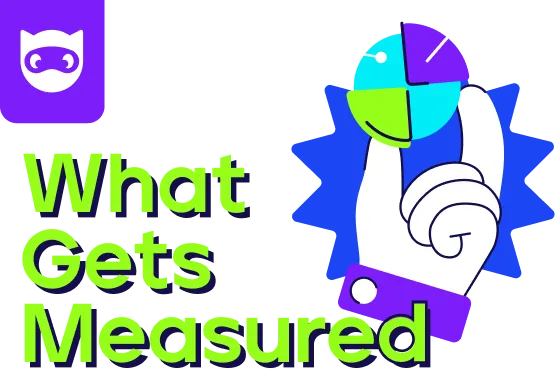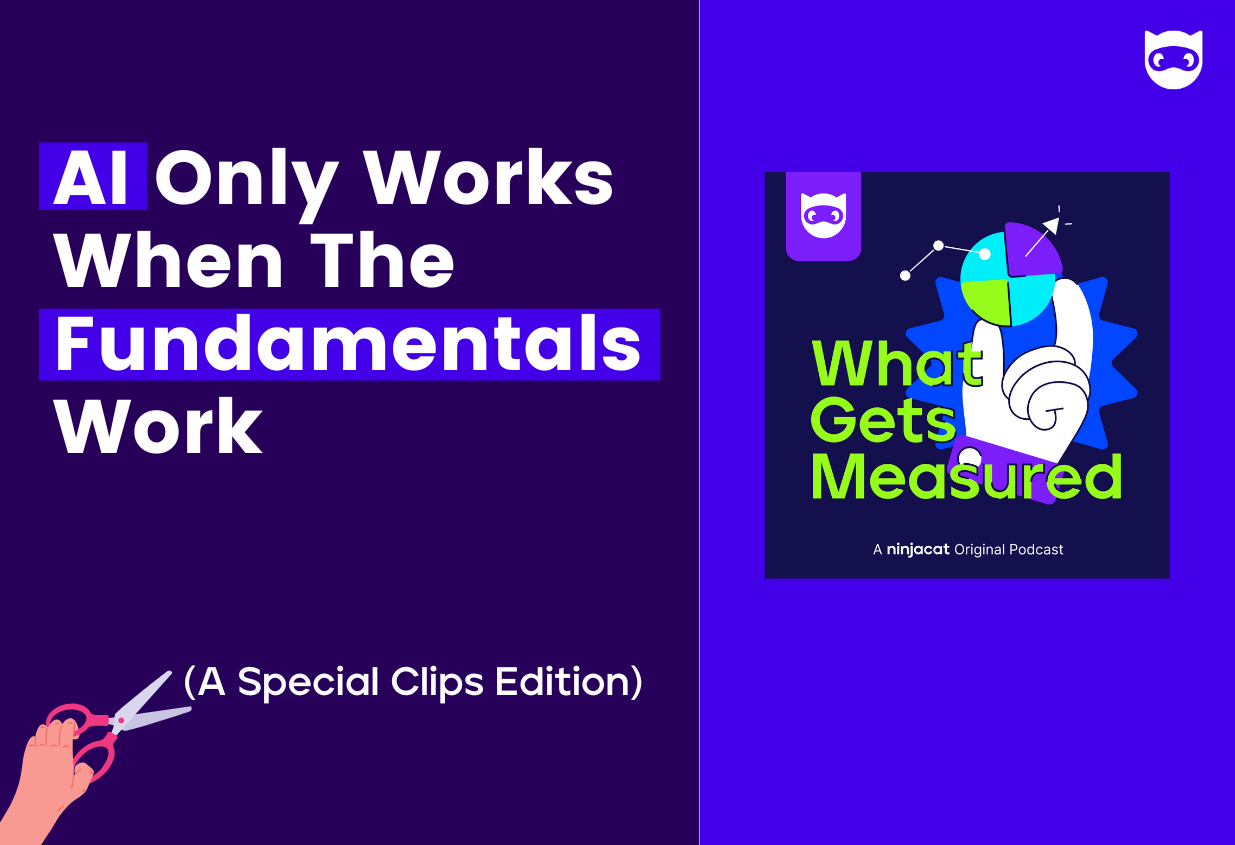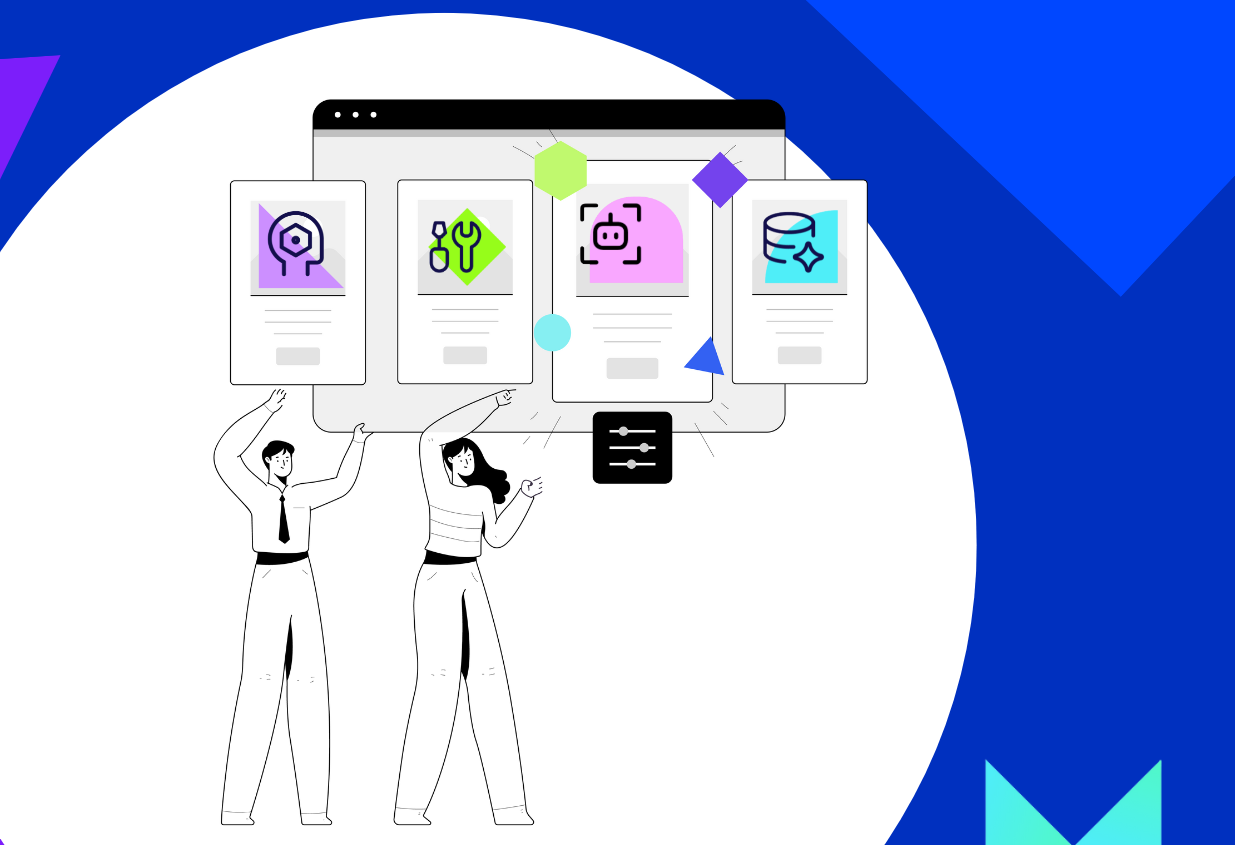Maximizing Success with AI Agents for Marketing: How Tools, Techniques, and Data Make the Difference

AI has moved beyond the buzzword stage and into the heart of modern marketing, promising to automate complex tasks, streamline insights, and boost efficiency. But there’s one thing the industry isn’t talking about enough: while many marketers have access to the same AI models, the real revolution is in the rise of AI agents for marketing—purpose-built assistants that combine these models with proprietary tools, techniques, and custom data to deliver superior outcomes.
I believe the real AI revolution in martech isn’t about AI models alone but about how you build intelligent AI agents that can work autonomously to solve real marketing challenges. It’s how you combine the right components—Models plus Tools, Techniques, and Data—to transform raw AI potential into meaningful marketing outcomes.
In this article, I’ll explore how agencies can get ahead by focusing on these building blocks, I’ll also highlight a real-world example of this in action through Negative Nancy, one of the multiple AI Assistants we built at NinjaCat, that optimizes PPC campaigns by identifying underperforming keywords, cutting down ad spend and saving valuable time for marketers.

Models: The Foundation, But Not the Whole Story
AI models like GPT-4, Claude, and Google’s Gemini serve as the engines behind many AI agents for marketing. These powerful language models are incredible at interpreting and generating human-like text and processing large amounts of data.
But here’s the catch—these models are widely available and becoming a commodity. Everyone from small agencies to enterprise brands can access them.
So, while models like GPT-4 enable AI agents to understand and process complex marketing data, they’re just the start. The real value comes from what you build around them.
Tools: Empowering AI to Automate Routine, Data-Heavy Tasks
This is where the magic starts to happen. While models provide the intelligence, tools give AI agents the power to interact with marketing systems, perform actions, and automate repetitive tasks that drain human time.
One key example is how AI tools can automate data parsing, transforming complex, raw data into usable insights.
For instance, tools like Natural Language to SQL allow AI agents to transform plain spoken requests (e.g., “Find all keywords with a click-through rate below 1%”) into SQL queries. This lets AI agents pull and analyze data without manual coding. This automation not only accelerates the reporting process but also significantly reduces human error and labor.
Imagine how many hours agencies spend parsing through Google Ads data or cleaning up datasets before they can even start analyzing them. With the right tools, AI can take over these labor-intensive tasks, freeing up analysts to focus on higher-value, strategic work.
Techniques: Enhancing AI’s Impact
Once you have the right tools in place, techniques are the next layer of optimization. Techniques fine-tune the AI agent’s performance and ensure it delivers results that are actionable and relevant for marketing-specific needs.
- Chain-of-Thought Prompting: This technique helps AI think step-by-step, improving its reasoning capabilities. For example, in campaign optimization, it can assess not just click-through rates but also conversion rates and keyword relevance.
- Prompt Engineering: Crafting specific prompts for AI ensures more relevant and accurate outputs. For example, providing clear, directive prompts like, “Analyze campaign performance and identify underperforming keywords,” allows the AI to deliver precise, actionable recommendations, tailored to the marketer’s needs.
- Chaining Agents Together: When multiple AI agents are connected, each focusing on different parts of a workflow, you can automate more complex, multi-step processes. One agent could clean the data, while another performs the analysis and a third recommends actions—all automatically.
- Fine-Tuning: By adjusting pre-trained models on marketing-specific datasets, you can make AI agents much more effective in handling the unique needs of your campaigns.
These techniques optimize the AI agent's ability to understand context, perform nuanced analysis, and deliver more precise recommendations
Custom Data: The True Differentiator
Access to high-quality, custom, private data unlocks the power of AI agents to help businesses differentiate themselves. Agencies that prioritize marketing data integration, cleansing, and management are the ones who will see the biggest gains.
AI thrives on structured and unstructured data, both of which hold valuable insights:
- Structured Data: Databases containing organized information like customer demographics, sales figures, and campaign metrics give AI a clean, organized foundation.
- Unstructured Data: Textual data like customer reviews or social media chatter, provides context that allows AI to deliver deeper, more relevant insights.
Without proper marketing data integration, even the best AI model won’t deliver meaningful results. But with a strong marketing data strategy, and by integrating these datasets, AI agents can perform in-depth analyses that are tailored to specific business needs while maintaining data privacy and security.
Bringing It All Together: Meet Negative Nancy, the Keyword Optimization AI Agent for PPC Marketing
To demonstrate how models, tools, techniques, and data come together, let’s look at Negative Nancy, an AI agent designed by NinjaCat to optimize PPC campaigns by automating the process of identifying underperforming keywords in Google Ads. Nancy specifically pinpoints keywords that are wasting ad spend and should be added to the negative keywords list, ensuring that your ads no longer appear for irrelevant searches—ultimately saving money by preventing wasted bids on low-performing terms.
How Negative Nancy Works
- Model Utilization: Negative Nancy leverages a powerful language model like GPT-4 to understand and process large volumes of search term data.
- Tools Integration: Leveraging Natural Language to SQL, Nancy can query AdWords data and extract keywords with low click-through or conversion rates. A custom tool interprets this data and runs a Python script to analyze performance metrics at scale.
- Application of Techniques: Chain-of-Thought reasoning helps Nancy assess relevance step-by-step, taking into account keyword performance and ad group alignment. Fine-tuning ensures that Nancy understands the nuances of marketing campaigns, allowing her to deliver more accurate, actionable recommendations. Automating Repetitive Tasks: What used to take teams hours—sifting through search terms, identifying underperforming keywords, and adding them to negative lists—is now done in minutes, freeing analysts to focus on more strategic tasks.
- Data: Nancy has secure access to custom AdWords data, providing the necessary context to make informed decisions. This private dataset is key—without it, even the best AI model couldn’t deliver the same level of accuracy and insight.
Nancy cuts down the time agencies spend on PPC optimization by up to 90%, allowing them to automatically remove wasteful keywords from their campaigns and significantly improve ROI. By integrating the right model, tools, techniques, and data, Nancy transforms a tedious, manual task into an automated process that delivers better results in a fraction of the time. And she's just one of the hundreds of task-specific agents we are building.
AI Agents for Marketing: Building the Future of Automated Workflows
AI is already changing the game in marketing, but the true winners will be those who understand that models are just one piece of the puzzle. The agencies that get ahead will be the ones investing in the right tools, techniques, and data infrastructure to build AI agents capable of automating complex workflows and generating insights at scale. As AI continues to evolve, now is the time to rethink how your agency operates and prepare for a future where AI is a seamless, integrated part of your workflow.
At NinjaCat, we envision a future where AI agents evolve into true collaborators—what we call Marketing AGI (MAGi). These AI assistants will handle everything from automating repetitive tasks to intelligently fulfilling complex, multi-step tasks with minimal supervision, becoming indispensable teammates in marketing workflows.
If you’re curious about how this works, our team would be happy to demo Negative Nancy and other AI agents we’ve built to cut down busywork, save money, and boost campaign performance. Get in touch to schedule a demo today.
.png)



.png)
